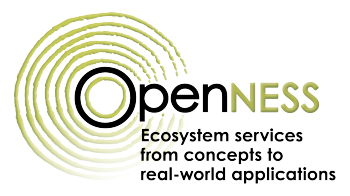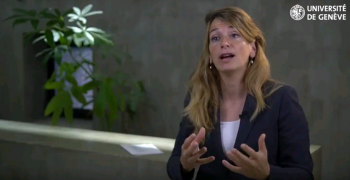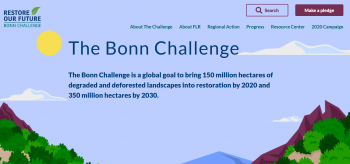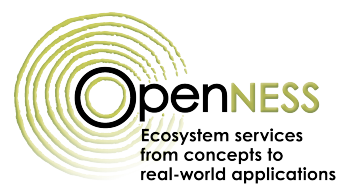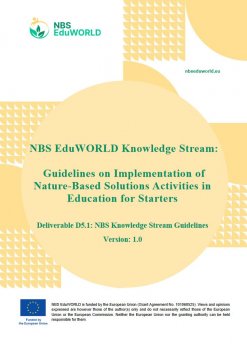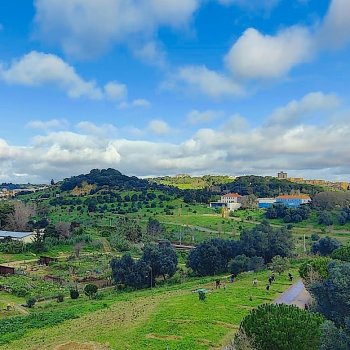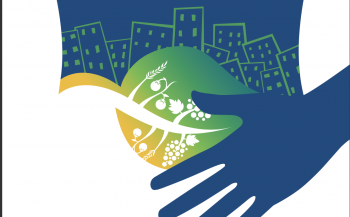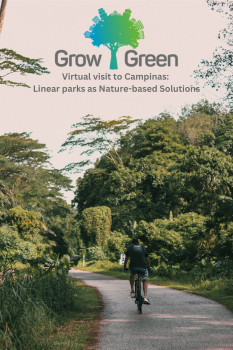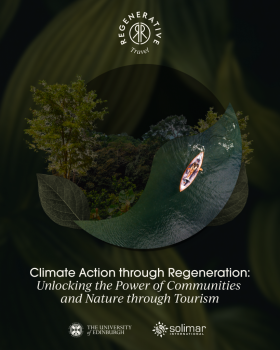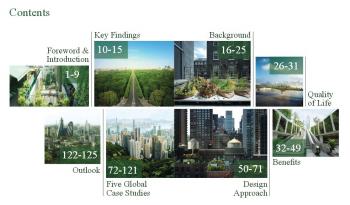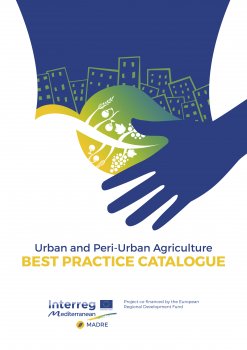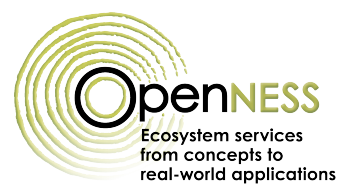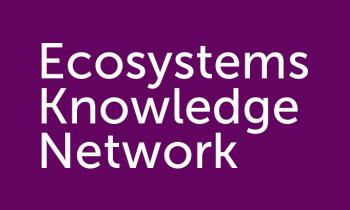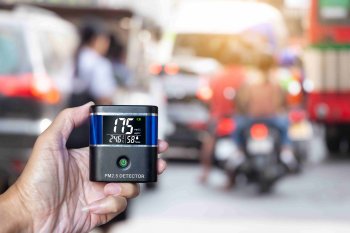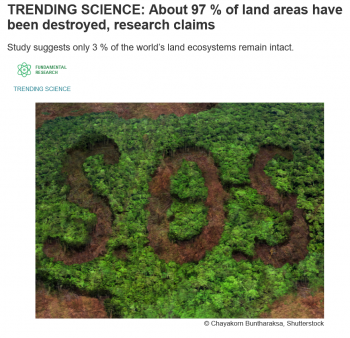Marketplace
OpenNESS Synthesis paper: Multi-Criteria Decision Analysis
Multi-Criteria Decision Analysis (MCDA) is a general framework for supporting complex decision-making situations with multiple and often conflicting objectives that stakeholders groups and/or decision-makers value differently.
Nature-based solutions State of the art in EU-funded projects
This document summarises outcomes from the EC individual expert reports delivered through its ‘Valorisation of NbS Projects’ initiative. EU research and innovation projects were scanned for results pertaining to key areas such as biodiversity, climate change mitigation and adaptation (including
MOOC "Integrating ecosystem services in decision-making"
This 10 minute massive open online course (MOOC) given by Prof. Dr. Adrienne Grêt-Regamey from the Planning of Landscape and Urban Systems Group at ETH Zurich is part of a larger online course on Ecosystem Services, produced by the University of Geneva, the Geneva Water Hub, the Luc Hoffmann
The Bonn Challenge
The Bonn Challenge is a global goal to bring 150 million hectares of degraded and deforested landscapes into restoration by 2020 and 350 million hectares by 2030. Launched by the Government of Germany and IUCN in 2011, the Challenge surpassed the 150-million-hectare milestone for pledges in 2017.
OpenNESS Synthesis paper: Effectiveness
The ultimate goal for managing ecosystem services is contributing to human well-being. To analyse how this goal can effectively be achieved is a major task in OpenNESS.
Guidelines on Implementation of Nature-Based Solutions Activities in Education for Starters
In response to the growing need for integrating the topic of nature-based solutions (NBS) in education, these guidelines have been developed to cater to educators with limited to no prior exposure to NBS concepts. This document outlines examples and recommendations to bridge the knowledge gap by
Conexus Life-Lab factsheet series -Fast Forests for Lisbon: Nature, Community, Connections
The pilot Renatura started in late 2021. Its main goal is to bring back biodiversity to urban spaces, while enhancing social inclusion. Fostering a unique private/public sector partnership, the NGO Urbem and the Lisbon City Council convert abandoned public land into Miyawaki-based Fast Forests.
Nature-Based Solutions and the Green Economy
Broadly speaking, nature-based solutions refer to “actions to protect, sustainably manage, and restore natural or modified ecosystems, that address societal challenges effectively and adaptively, simultaneously providing human well-being and biodiversity benefits.” There is significant and
Towards sustainable food systems in the Mediterranean : the role of metropolitan agriculture
A document to addresses urban and peri-urban agriculture from a critical, proposal-oriented perspective. This report addresses urban and peri-urban agriculture from a critical, proposal-oriented perspective and with a special focus on Mediterranean metropolitan areas. Building from existing
GrowGreen visit to Campinas: how linear parks can make a difference for people, nature and the economy
In order to strengthen engagement from political decision-makers and to create opportunities for the replication of Nature-Based Solutions (NbS), the political representatives of the GrowGreen cities were invited to participate in a virtual visit to the city of Campinas, Brazil. With more than 1
Climate Action through Regeneration: Unlocking the Power of Communities and Nature through Tourism
This white paper, “Climate Action through Regeneration: Unlocking the Power of Communities and Nature through Tourism” surveyed 30 tourism operators globally using the IUCN NbS Global Standard to assess how NbS are enabling destinations to take proactive climate action. The paper outlines 5
Cities Alive: Green Building Envelope
Can retrofitting cityscapes with vegetation improve the health and well-being of urban citizens? Can we use green facades to capture renewable energy and drive sustainability? Experts from eight skill networks around the world came together in Berlin in 2015 to cross-examine these questions using
Urban and Peri-Urban Agriculture Best Practice Catalogue
This Catalogue highlights the best practices identified in the 6 metropolises associated with MADRE, in terms of farmers’ innovation, social innovation, consumer innovation, academic research, territorial innovation and transnational innovation.
OpenNESS Synthesis paper: Ecosystem services and human health
Synthesis paper on ecosystem services and human health. There may be scope for OpenNESS to demonstrate a benefit of the ecosystem services and natural capital concepts in shaping a more systemic understanding of how biodiversity supports health aspects of well-being.
Tool Assessor
Tool Assessor is the UK's online resource on analytical tools that link the environment and society A wide range of tools for analysing ecosystem services, natural capital and green infrastructure have been developed in recent years in the UK and globally, and more are in development.
How opportunistic mobile monitoring can enhance air quality assessment?
The deteriorating air quality in urban areas, particularly in developing countries, has led to increased attention being paid to the issue. Daily reports of air pollution are essential to effectively manage public health risks. Pollution estimation has become crucial to expanding spatial and
- Document
Group management trial
A regional approach in Normandy based on experiments in grouped public private forest management, and common tools for consultation between the various organisations involved
TRENDING SCIENCE: About 97 % of land areas have been destroyed, research claims
How many pristine places are left undisturbed by oil, gas and mining activities, as well as land development? What is the extent of this damage to habitats? According to a study published in the journal ‘Frontiers in Forests and Global Change’, nearly 3 % of the world’s land remains ecologically
Effective Storytelling for Nature-based Solutions
This activity book can be used by a range of audiences, including people of all ages, backgrounds and abilities, who are interested in Nature-based Solutions, to facilitate their storytelling process. It has so far been tested on professionals and teams involved in the Connecting Nature project as
Ocean Data Viewer (ODV)
The Ocean Data Viewer (ODV) offers users the opportunity to view and download a range of spatial datasets of biodiversity importance that are useful for informing decisions regarding the conservation of marine and coastal biodiversity.
- ‹ previous
- 37 of 45
- next ›

